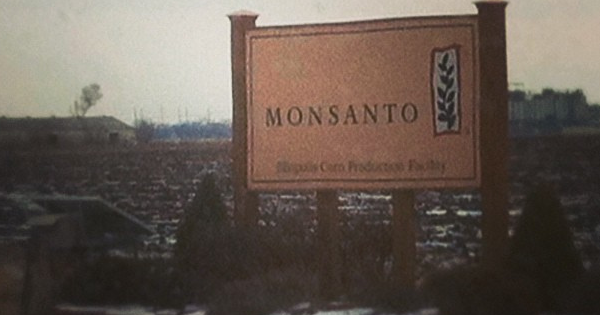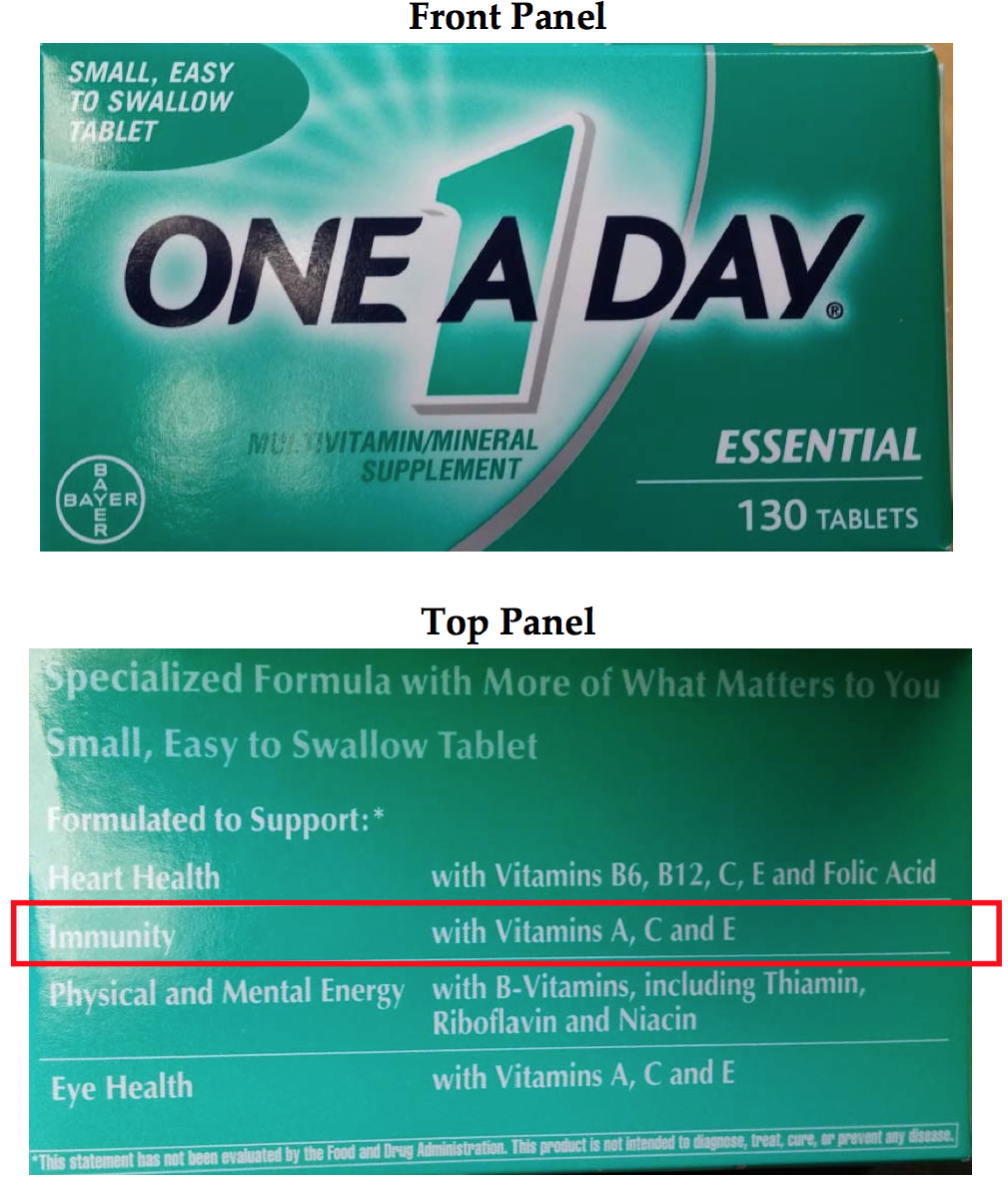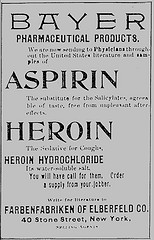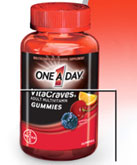When you’re spending $66 billion on a merger to create the world’s largest seed company, it’s understandable that you’d probably want to keep your brand’s name on the resulting mega-corporation, especially when your betrothed comes saddled with a name like Monsanto. [More]
bayer

Monsanto, Bayer Seal The Mega-Seed Merger Deal For $66B
It turns out $65 billion wasn’t quite enough to push Monsanto into Bayer’s seed-loving arms. Instead, it took just $1 billion more: the Missouri-based seed giant agreed late Tuesday to sell itself to Bayer for $66 billion, officially creating the largest seed company in the world. [More]

Report: Monsanto Board Close To Approving Sale To Bayer
The third time could indeed be the charm with regard to Bayer’s pursuit of Monsanto with the Missouri-based seed company’s board reportedly meeting this week to discuss the $65 billion takeover bid that would create the world’s largest seed company. [More]

Bayer Offers $65B In Third Attempt To Buy Monsanto
Perhaps the third time is the charm for a deal between Monsanto and Bayer, as the latter company has once again upped its bid for the Missouri seed and pesticide giant, offering nearly $65 billion to create the world’s largest seed company. [More]

Monsanto Says $62 Billion Bayer Merger Offer Is “Financially Inadequate”
A day after aspirin king Bayer officially offered $62 billion to acquire Missouri seed and pesticide giant Monsanto, the deal already appears troubled, with Monsanto’s board of directors saying the offer isn’t sufficient. [More]

Bayer Officially Offers $62B For Monsanto
Bayer officially wants to expand its CropSciences business and become the world’s largest producer of seeds, pesticides and agricultural chemicals, bidding $62 billion for Monsanto. [More]

Bayer Reportedly Looking To Acquire Monsanto For $40 Billion
When you hear the name Bayer, you probably think of aspirin or other drugs, but the German company has a number of facets, including its sizable CropScience division that produces seeds, pesticides, and other agricultural products. Now comes news that Bayer may be looking to become the world’s largest player in this field (forgive the pun) with a possible acquisition of Monsanto. [More]

Big Data Predicts Pollen Levels, Keeps Allergy Medicines In Stock
Here in the Northeast, people who are allergic to pollen are having a harsh spring. They should take comfort, though, that there isn’t a corresponding shortage of allergy medicines, as there apparently was five years ago. Drug companies have learned how to take global climate data and turn it into more plentiful antihistamines when people need them. [More]

Bayer Sued Over Allegedly Misleading Marketing Of One-A-Day Vitamins
The marketing for Bayer’s One A Day brand of multivitamins makes some very specific claims about what these products can do to improve a user’s health. But a new lawsuit brought against the over-the-counter drug giant argues that Bayer’s statements aren’t always backed up by the science necessary to make those claims. [More]

Lawsuit Accuses Big Pharma Of Using Bogus Expiration Dates To Trick Customers Into Buying More Meds
When it comes to over-the-counter pain pills, many people don’t even think to look at the expiration date on the side of the bottle. But a new class-action lawsuit claims that three of the biggest names in the (legal) drug business are deliberately putting early expiration dates on their products to encourage customers to throw them out and buy new ones. [More]

Dosage Instructions For One A Day Vitamin Gummies: Take Two A Day
One A Day is a well-known brand of vitamins, but its name is just that. A name. A brand. Not dosage instructions. This caught Jeff by surprise, though, when he bought a bottle of the brand’s Vita-Crave gummy vitamins for adults. He opened the bottle to find it half full: pretty normal for bottles of pills and supplements, but still irksome. Then he noticed the instructions on the bottle: take two per day. Take two One A Day gummies. I see. [More]

Bayer Says They've Paid Out $142 Million In Yasmin Birth Control Settlements So Far
Bayer says they’ve been shelling out some serious dough, $142 million to be exact, to settle around 651 U.S. cases involving their Yasmin and Yaz birth control pills. Consumers in those cases allege that the pills caused blood clots, which can sometimes be fatal or lead to heart attacks and strokes. That’s around $218,000 per woman, on average. [More]

Xenadrine, TrimSpa, CortiSlim, One-A-Day Makers to Pay $26 Million
- Bayer AG and several smaller companies agreed to pay the U.S. government almost $26 million to settle allegations of false weight-loss advertising claims, the Federal Trade Commission said on Thursday.
This is Not News: Bayer Knowingly Sold AIDS Infected Drugs
We were shocked yesterday to see this clip accusing Bayer of selling medicine they knew was infected with AIDS, but maybe we should’ve been shocked back in the mid 80’s.


